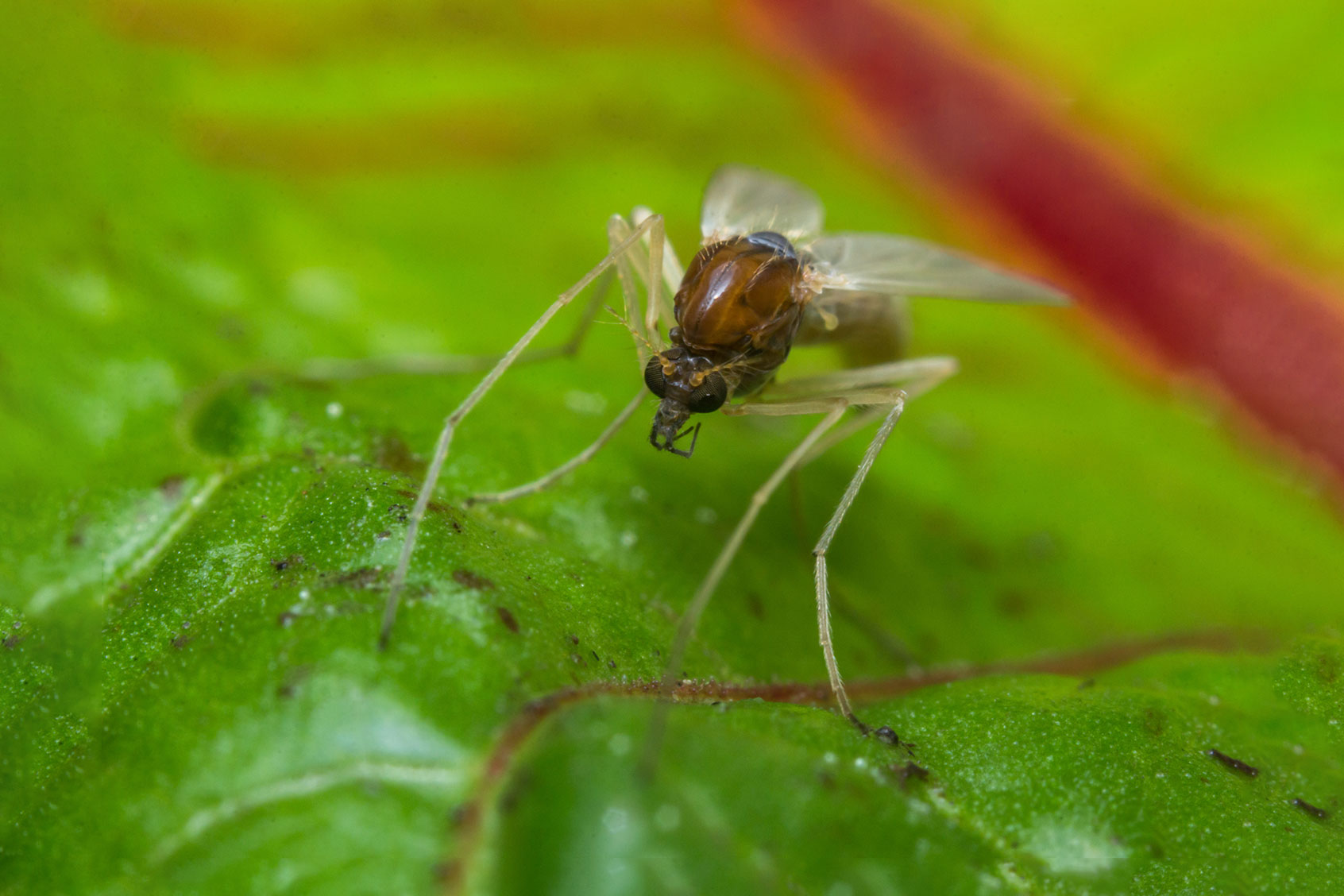A parasitic, flesh-eating disease is now endemic in Texas, according to a new report from the Centers for Disease Control and Prevention (CDC). Though this condition, known as leishmaniasis, is relatively common in other parts of the world, it's not regularly found in the U.S. A growing number of cases over the years, however, indicates this has changed, and a form of the disease is now “native,” or endemic, to parts of Texas.
According to the World Health Organization, there are three primary forms of leishmaniases: “visceral (the most serious form because it is almost always fatal without treatment); cutaneous (the most common, usually causing skin ulcers); and mucocutaneous (affecting mouth, nose and throat).” The disease is commonly spread by biting insects called sandflies that populate beaches. Vaccines against the disease don’t exist, but some drugs may work against it.
The CDC analysis sifted through genetic information from cases collected between 2005 and 2019. The majority of those cases involved patients who had no travel history, meaning they most likely acquired the pathogen locally.
"This genetic information adds credence to this idea that leishmaniasis is occurring here in the United States, it's endemic here in the United States, at least in Texas and maybe southern border states," Dr. Mary Kamb of the CDC's Division of Parasitic Diseases and Malaria said in an interview with CBS News.
The news is yet another indicator of the shifting infectious disease landscape in the U.S. as a result of climate change and other factors that are making diseases like mpox, malaria and flesh-eating bacteria more prevalent, underscoring the need for robust investment in public health surveillance and research for treatments.

